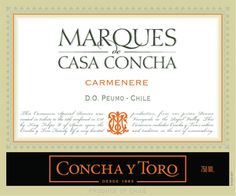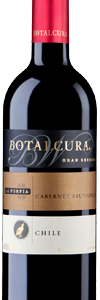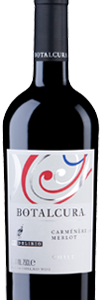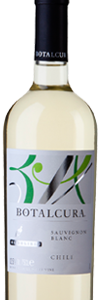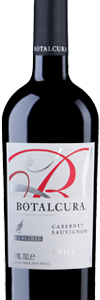Deep dark red in colour, with the classic profile of the Carménère variety from Peumo, with intense notes of ripe plums, black currants, and dark chocolate, along with firm tannic structure and pronounced acidity.
Peumo Vineyard, D.O. Peumo, Cachapoal Valley.
The Peumo Vineyard is located 170 m a.s.l. and extends over terraces and hills of the Coastal Range along the Cachapoal River. The vines come from pre-phylloxera vine stock and are trellised to vertical shoot position. ¬e soils are deep and have a top layer of clay that retains moisture, which helps control plant vigor and growth, and more importantly, allows the vines to remain active until late May, when Carménère is harvested.
Soil
The soils are deep from alluvial origin, silty clay soil associated with the riverbed. The plantation year was from 1994 to 1996.
Climate
The Peumo vineyards enjoys of the typical dry Mediterranean climate, with an average of 19ºC of thermal amplitude between daytime and nighttime temperatures and a strong influence of the Cachapoal River and Lake Rapel.




